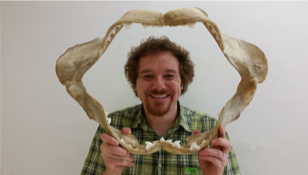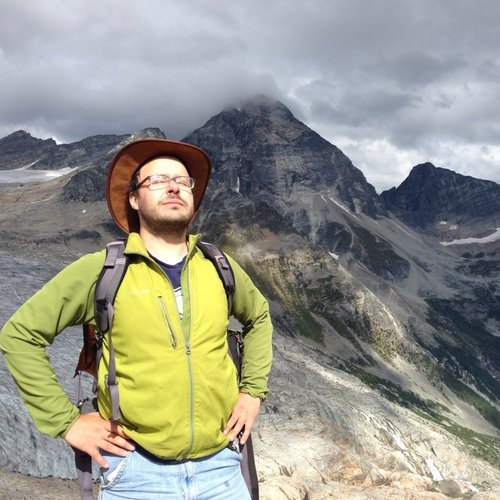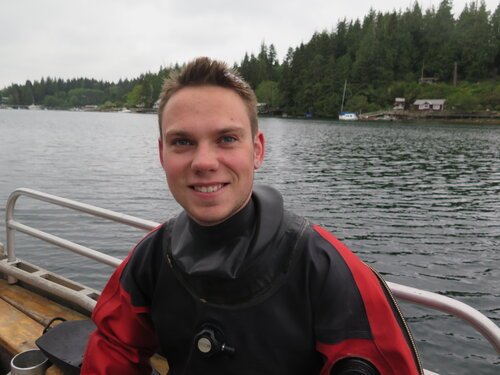CRI STable Isotope Ecology Summer School 2023
university of New Brunswick, fredericton NB
July 10-14, 2023
Overview:
Stable isotopes are a ubiquitous and essential tool in modern ecology. When applied correctly they can provide a keen insight into animal migration, consumer trophic ecology and food web structure. However, the application of stable isotopes requires a specific framework of experimental design, sample process and data analysis. This course will provide novice and intermediate users of stable isotopes with the theoretical and hands on skills required to make a success of their project. The course will be suitable for graduate students, postdoctoral fellows and scientists working in private industry, though all interested researchers are encouraged to attend.
The course will combine lectures in stable isotope theory and practice with hands on practical demonstrations each day. We will cover all aspects of isotope ecology from sample collection and preparation to cutting edge data analysis techniques using state of the art R packages. (1 field day - which day is yet to be determined).
| Course Fees* | |
|---|---|
| Indigenous organizations, Non-profit organizations, full-time students | $500.00 + HST = $575.00 |
| Government Agency, Consulting, Industry, and other Professionals | $1,000.00 + HST = $1,150.00 |
*Refund and Transfer Policy: Once paid, registration fees for the CRI Stable Isotope Ecology Summer School 2023 cannot be fully refunded. A partial refund of 75% of the registration fee can be requested in writing prior to June 19th, 2023, to unbcricourses@unb.ca between June 19th and June 30th, 2023, a partial refund of 50% of the registration can be requested in writing to unbcricourses@unb.ca. After June 30th, 2023, registration fees are non-refundable. Prior to July 6th, 2023, course registration may be transferred to another individual, the request to transfer registration to another person must be made in writing to unbcricourses@unb.ca and must include the first and last name and email address of both the individual transferring the registration, and the person the registration is being transferred to.
Instructors:
Learn more about the work of the instructors of the Stable Isotope Ecology Summer School and the Stable Isotopes in Nature Laboratory (SINLAB) online at https://www.isotopeecology.com/.
COURSE OUTLINE
DAY 1: Introduction to stable isotope ecology
Definitions & Concepts
Isotope Ratio Mass Spectrometry
Sampling a food web
DAY 2: Isotopic variation in the environment
Understanding baseline variability
Terrestrial & marine isoscapes
Wet & dry lab sample preparation
DAY 3: isotopic variation in organisms
Intra-individual variation data
Tissue turnover rate
Handling and manipulating isotope datasets in R
DAY 4: Isotopes in trophic ecology
Stable isotope mixing models in R (SIMMR and MixSIAR)
Estimating trophic position
Compound specific stable isotope analysis
Day 5: The isotopic niche and food web
Isotopic Food Web (Layman) Metrics
Calculating the isotopic niche (SIBER)





